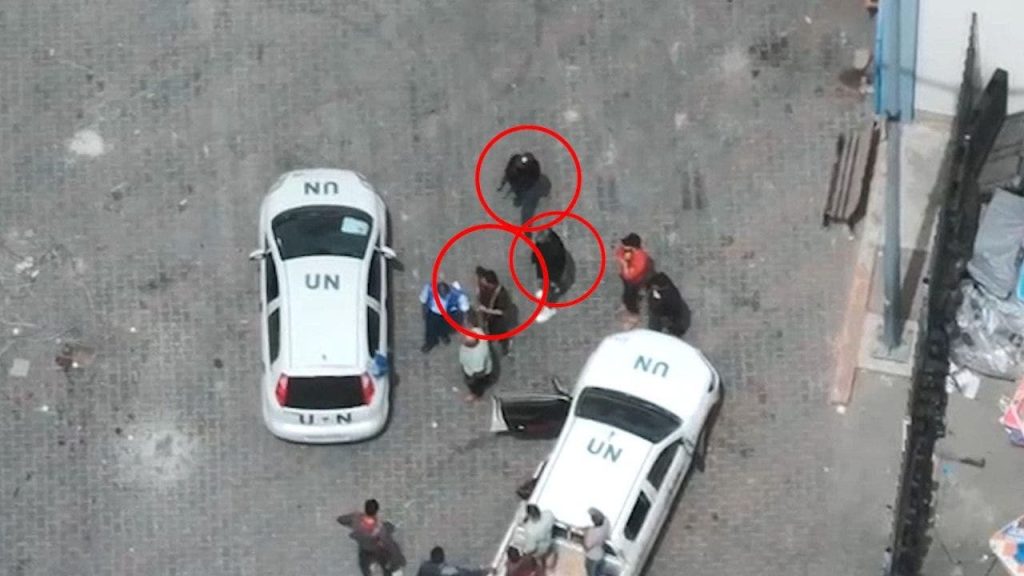Pressure is mounting on UNRWA, the United Nations agency tasked with aiding Palestinian refugees, for its failure to condemn armed terror groups in the Gaza Strip that have used its facilities to conduct attacks against Israel. Israeli lawmakers approved a bill to cut ties with the agency and declared it a terrorist entity. The House Foreign Affairs Committee passed legislation to freeze funding for UNRWA and recover previously donated monies. UNRWA is accused of inciting violence and hate against Jews and Israel, perpetuating the Israeli-Palestinian conflict.
Israel provided evidence that UNRWA employees participated in terror attacks in southern Israel, leading to the suspension of funding by the U.S. and 17 other countries. However, the U.K. recently announced it would resume funding for UNRWA’s work in Gaza. The agency continues to face scrutiny for its ties to Hamas and other terror organizations and its failure to prevent its facilities from being used for military purposes. Calls for investigations and condemnations of violations of international law have been made, but not deemed sufficient.
Legislation in the Israeli Knesset aims to prevent UNRWA from operating in Israeli territory and strip its personnel of diplomatic privileges. In the U.S., some members of Congress seek to rescind funding and recover funds already distributed to UNRWA. Critics argue that UNRWA has served as an incubator for Palestinian terrorists and perpetuated anti-Semitic attitudes among Palestinian children through its schools and facilities. The agency’s ties to Hamas and other terror groups have raised concerns about the use of American tax dollars to fund activities that fuel violence and hatred.
Critics of UNRWA argue that the agency’s existence perpetuates the Israeli-Palestinian conflict by treating Palestinian refugees differently from refugees in other global conflicts and allowing the descendants of original refugees to be recognized as refugees regardless of their status. UNRWA’s funding freeze by several countries, including the U.S., raises questions about the agency’s future viability and its ability to provide critical services to millions of Palestinians in Gaza, the West Bank, and other areas. The pushback against UNRWA highlights concerns about the role of aid organizations in political conflicts and the need for accountability and transparency.
UNRWA has emphasized its condemnation of the misuse of its facilities by Hamas and other armed groups, calling for investigations and independent inquiries into violations of international humanitarian law. Despite these statements, the agency faces criticism for not taking stronger actions to prevent its facilities from being used for military purposes and its failure to condemn Hamas for drawing fighting to its centers. The controversy surrounding UNRWA reflects broader tensions in the Israeli-Palestinian conflict and the role of international organizations in the region. Calls for accountability and transparency in aid organizations like UNRWA underscore the complexities of providing humanitarian assistance in conflict zones.


